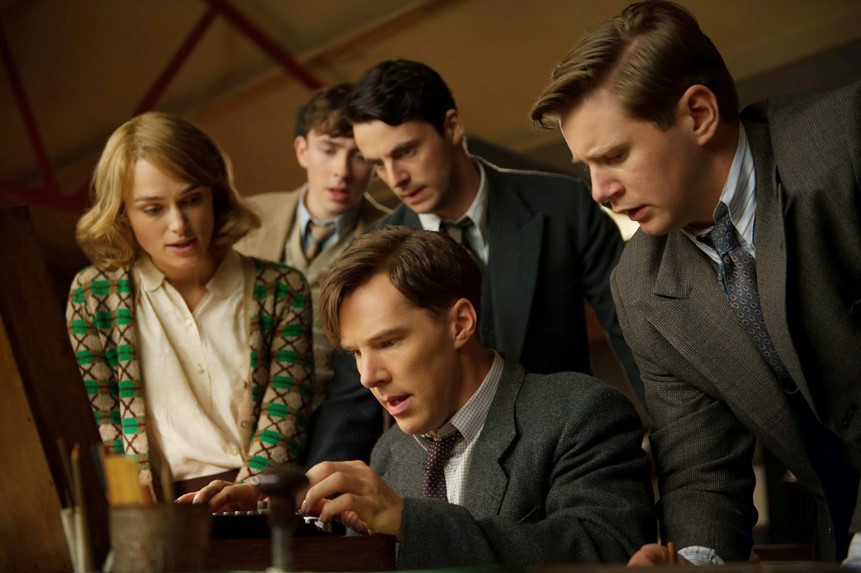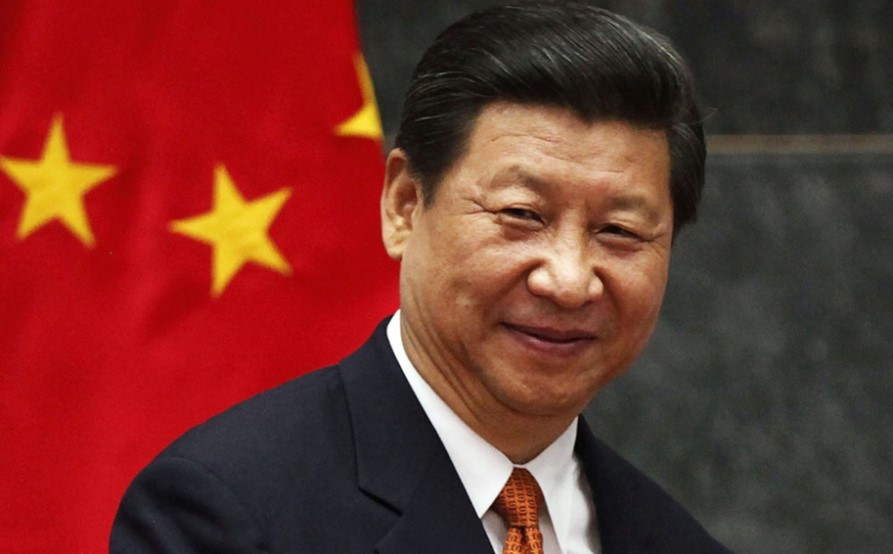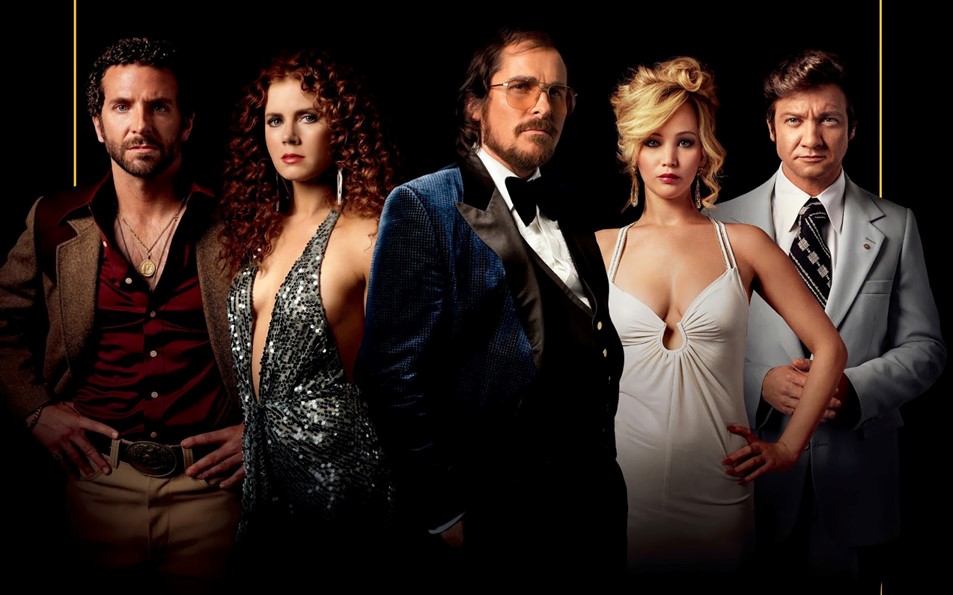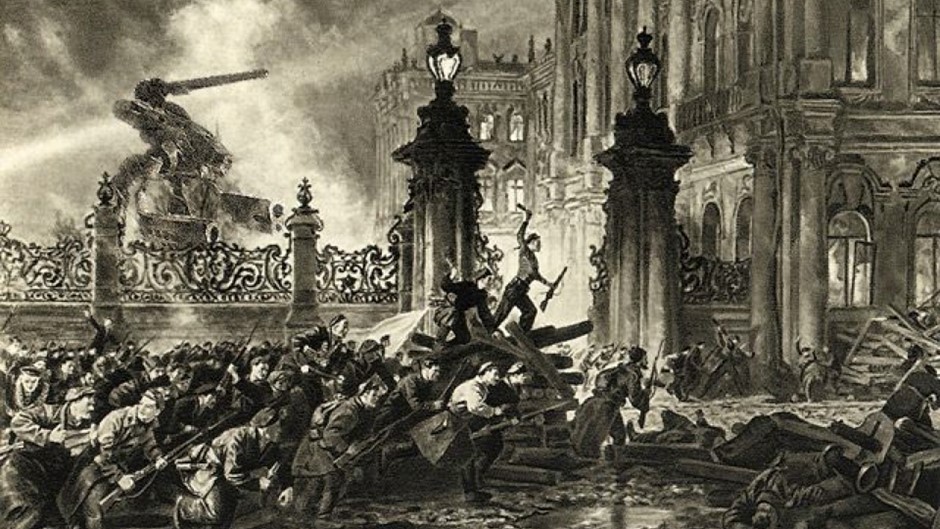Pirates Watch Oscar Nominated Movies At A Higher Quality Than Those Voting On Them
January 23, 2015 in Daily Bulletin

In a delightful article from a chap who seems would make for extremely pleasant coffee break conversation, Andy Baio wrote about piracy of Oscar nominated films:
- Screeners are copies of films that are sent to the Academy members who vote to decide the winners of the Academy Awards.
- They frequently leak on the internet so that internet pirates can enjoy the movies at the same time as the screeners.
- The vast majority of screeners are sent to voters as DVDs.
- Yet pirates leaking movies online are increasingly able to use high definition sources.
- The number of screeners that were available on the internet peaked at 81% of Academy Award nominated movies in 2003.
- Today the number is closer to 36%.
- This isn’t a victory for anti-piracy efforts. Rather, it’s because nobody wants to watch them since pirates can download higher quality versions.
Read the full article with excellent charts, statistics, and more over here.
Source: Medium









Join the Discussion! (No Signup Required)